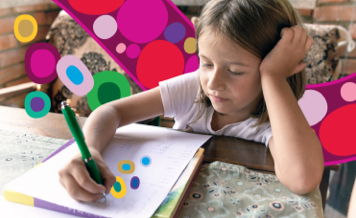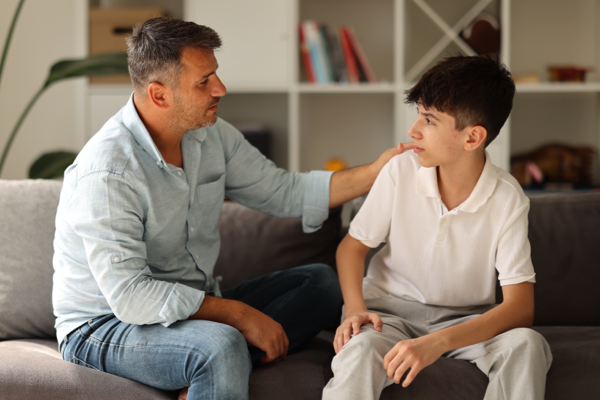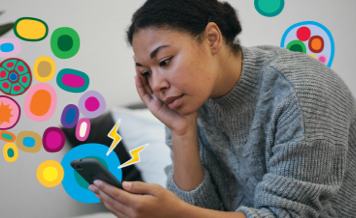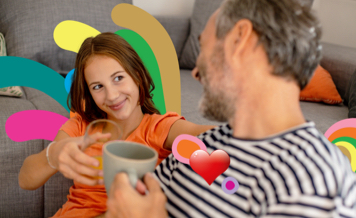Self-harm: what you need to know

What is self-harm?
Self-harm is when a person deliberately injures or hurts themselves with or without the intention of dying.
The reasons for self-harm are different for each person and are often complex.
Self-harm can include:
- cuts, burns, bites or scratches to the skin
- aggravating wounds or scabs so they don’t heal
- hits or punches to the body
- hair pulling
- ingesting harmful substances like poisons, or over-the-counter or prescription medications.
People who self-harm will often show warning signs through their behaviour. Signs that someone may be self-harming can include:
- changes in mood
- secrecy
- avoidance of situations where they have to expose their arms or legs
- strange excuses for injuries
- social avoidance.
While these signs may indicate self-harm, they can also apply to other mental health issues.
Why do people self-harm?
There are many reasons why people self-harm and it can be complex.
Self-harm is often a way for someone to manage distress or painful feelings. The pain they experience may give them short-term relief from these feelings. But the feeling of relief after self-harming is only short term, which means people are more likely to self-harm again.
Reasons for self-harming may include:
- distress caused by feelings or memories
- inner pain or strong emotions
- self-punishment for feelings of guilt or shame
- loneliness
- a signal for help.
Triggers for self-harm may include:
- bullying
- school or work problems
- relationship problems
- low self-esteem.
People who live with mental health concerns or those who have experienced physical, emotional or sexual abuse are at increased risk of self-harming.
Can you stop self-harm?
Self-harm behaviour is treatable, and support may include:
- working on recognising triggers
- learning how to manage difficult emotions
- help with self-care like caring for wounds
- learning coping strategies.
Another approach is to find ways for people who self-harm to channel their energy into other activities such as:
- a journal
- exercise
- mindfulness
- a fidget spinner
- meditation
- puzzles
- craft activities like knitting or colouring.
How do you help someone who self-harms?
People who self-harm need care, understanding and support to recover.
If you think someone you know might be self-harming, it’s important to talk to them about it and encourage them to seek professional help.
Don’t try to force them to stop, as it can make matters worse.
How can we help?
I want to know how my cover supports mental health
I need help and want to talk
Related articles
Things you need to know
While we hope you find this information helpful, please note that it is general in nature. It is not health advice, and is not tailored to meet your individual health needs. You should always consult a trusted health professional before making decisions about your health care. While we have prepared the information carefully, we can’t guarantee that it is accurate, complete or up-to-date. And while we may mention goods or services provided by others, we aren’t specifically endorsing them and can’t accept responsibility for them. For these reasons we are unable to accept responsibility for any loss that may be sustained from acting on this information (subject to applicable consumer guarantees).










































